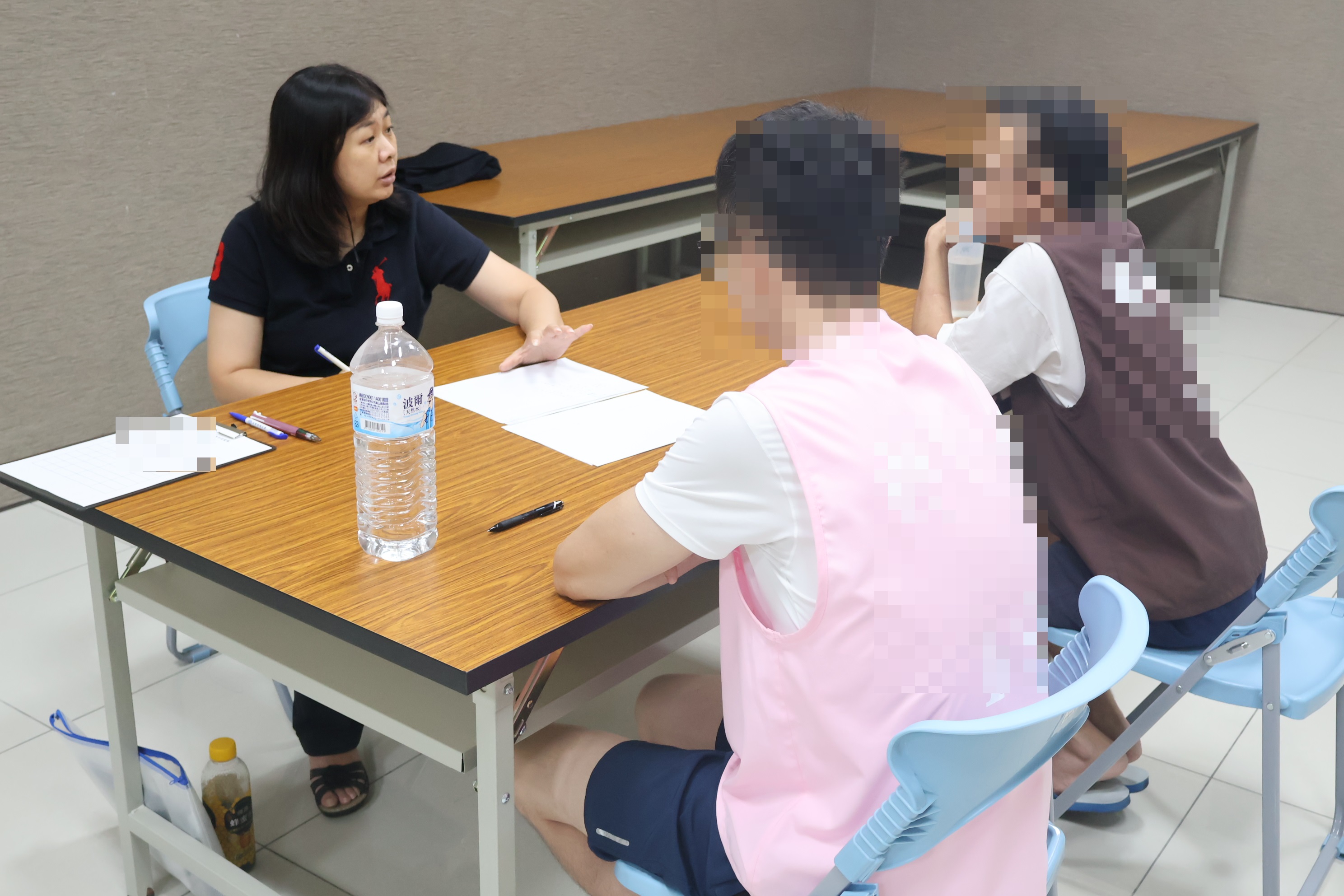A New Chapter in Rehabilitation: Advancing Diverse Treatment Approaches to Help DUI Offenders Rebuild Their Lives!
- Publication Date :
- Last updated:2025-10-01
- View count:38
Diversified Treatment of Drinking and Driving Inmates.
To effectively reduce recidivism rates for drunk driving offenses and assist inmates in establishing sound values and lifestyle patterns, this correctional facility continues to implement diversified rehabilitation programs specifically designed for inmates with alcohol dependency issues. This program targets inmates with alcohol dependence and convictions for unsafe driving offenses. Through careful individual assessments, tailored rehabilitation plans are developed based on their specific needs. A robust social support network facilitates their successful reintegration into society. Scientific tools such as the University of Rhode Island Change Scale and the Self-Efficacy Scale are administered before and after treatment to objectively evaluate outcomes, guiding ongoing refinement of program content.
The program's core comprises three dimensions aimed at comprehensively enhancing inmates' motivation for change and self-efficacy. First is the cognitive counseling course, delivered in group settings and covering five key areas: medical health education, life education, legal education, gender equality, and family support. Course design emphasizes not only knowledge transfer but also interactive discussions and case analyses to guide inmates in deeply understanding the harms of alcohol abuse to individuals, families, and society. Upon completion, participants take a “Drunk Driving Prevention Knowledge Test” with a passing score of 70 to ensure learning effectiveness.
Second, individual counseling sessions provide in-depth one-on-one discussions for high-risk cases. Counselors assist participants in identifying the root causes of their criminal behavior, exploring motivations for drinking and emotional distress. Basedon the individual's willingness, external medical and community resources—such as Alcoholics Anonymous groups and psychological counseling clinics—are introduced to ensure continued professional support after release. The ultimate goal is to reduce alcohol consumption and prevent drunk driving. Additionally, group interventions involve selecting inmates with alcohol addiction or higher risk to participate in the “Drunk Driving Emotional Education Group.” Guided by professional psychologists, members freely share their struggles and personal journeys, thereby reducing feelings of isolation and helplessness while learning effective strategies to cope with alcohol addiction. This peer support model not only enhances members' life satisfaction and mental health but also fosters positive social connections.
As inmates approach release, the facility conducts an “Alcohol Addiction Treatment Needs and Willingness Survey.” Individual interviews are then held with willing participants to assist in developing concrete recovery plans. Connections are made with local health bureaus or alcohol treatment facilities near the inmate's residence to ensure seamless transition into post-release treatment. Similarly, for willing inmates, the Probation and Parole Division will be notified prior to release to provide follow-up counseling and employment assistance. This supports inmates with work aspirations in smoothly reintegrating into society, creating a comprehensive network spanning from in-prison rehabilitation to post-release support. Through this systematic, multi-faceted correctional model, combined with the collaborative efforts of the social support network, this facility aims to assist inmates not only in overcoming alcohol addiction but also in rebuilding a sound outlook on life and developing problem-solving skills, thereby creating a safer environment for society.









